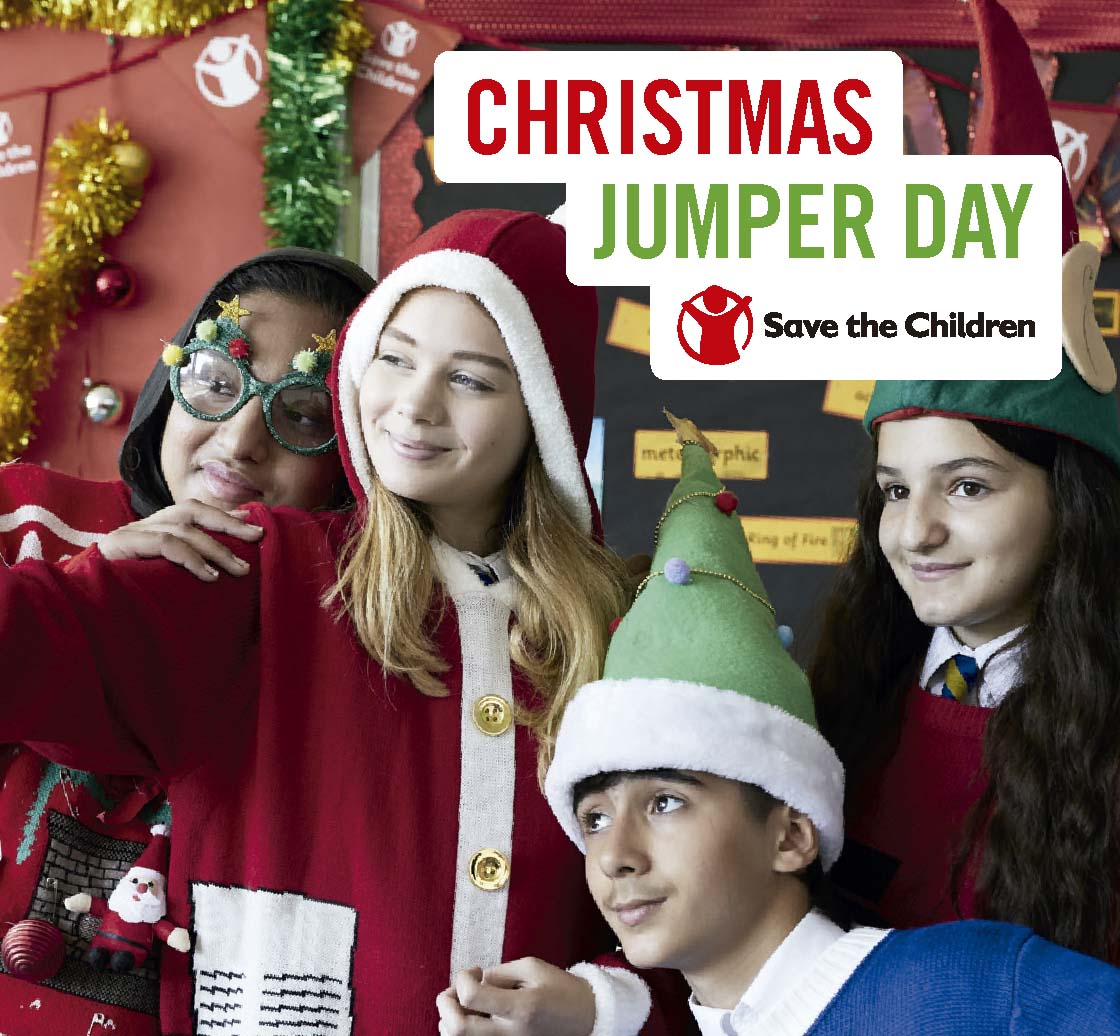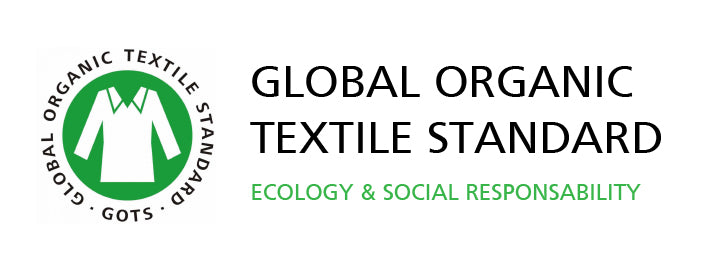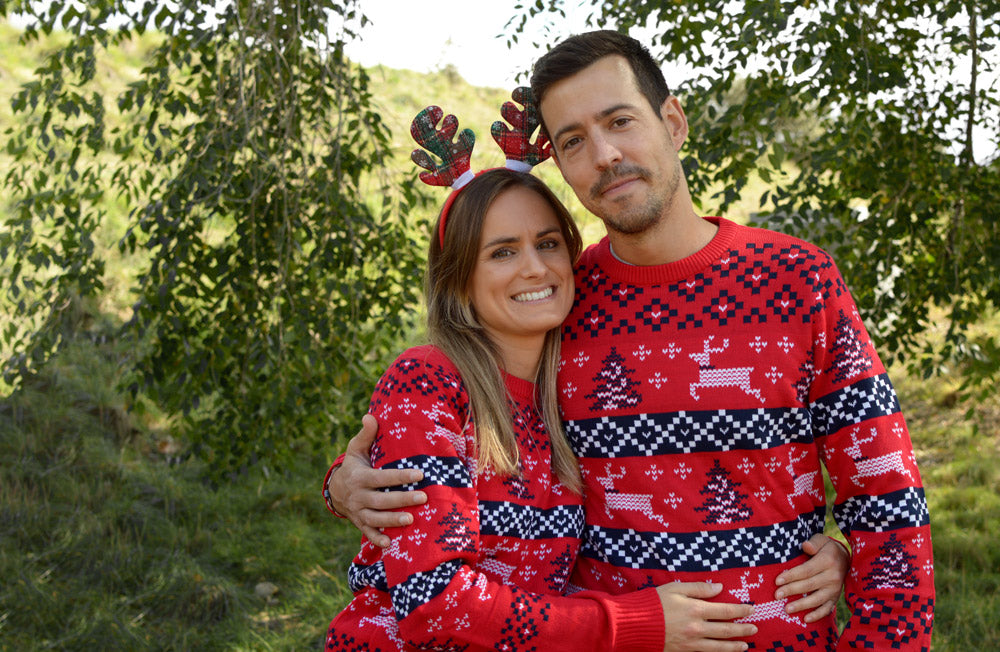Corporate Social Responsibility at Christmas Pyjamas

Collaboration between Christmas Pyjamas and Save the Children
We have launched a partnership with Save the Children, whereby for every order placed, we donate the equivalent of a meal for an entire family. Practically, your order helps Save the Children to provide cereal seeds and grain to families, enabling them to harvest crops and put food on their tables.
In some of the planet’s most affected areas, Save the Children is dedicated to preventing the consequences of climate change. For instance, it supports climate adaptation in agriculture, ensuring families are better prepared for extreme weather events. Through these actions, they protect children from climate-related infectious diseases (such as cholera and typhus), and prevent and treat acute illnesses and malnutrition. Equally important, they ensure children have access to education, creating a better future.
Where does the donation money go?
Funds are directed towards Save the Children’s Children's Emergency Fund, ensuring children can attend school and families in areas affected by food shortages and unpredictable climate conditions have daily access to food.
Every child has the right to a safe childhood, proper nutrition, and educational opportunities. However, climate change represents one of the biggest threats to children's fundamental rights and their future.
Children born today will experience extreme weather phenomena as adults—heatwaves up to seven times more intense than those currently experienced. This will exacerbate challenges that future generations—and indeed, children globally today—are already facing. Although we might not witness these events, in the future many more children will suffer hunger, displacement, and loss of educational opportunities.
Therefore, we actively support Save the Children’s fight to protect children worldwide, both now and in the future, from the severe consequences of the climate crisis.
Why Save the Children?
We chose Save the Children as our primary partner for several reasons:
- They help children in need, and your orders directly contribute to donating school materials, meals, and basic necessities for children globally.
- Save the Children is the initiator of "International Christmas Jumper Day," celebrated annually in December. On this day, children and teachers in schools wear Christmas jumpers, and families can donate to Save the Children. We have already made this donation for you through your order, but remember that you can always contribute further.
- Christmas spirit worldwide: In addition to our commitment to being a sustainable, animal-friendly, ecological, and planet-conscious company, we also want to help improve living conditions for children from the most disadvantaged families. This aligns precisely with the mission of Save the Children—a cause perfectly suited to our Christmas spirit.
We hope you support this collaboration and add your contribution to the significant change we aim to achieve.

What else do we do for Corporate Social Responsibility?
We are unique in the Christmas textile sector, focusing on organic cotton production, which consumes around 91% less water without harmful chemicals or pesticides. Our products are manufactured in factories committed to sustainability and adhering strictly to labour conditions and human rights standards.
Even though Christmas clothing is seasonal, we believe in taking responsibility and manufacturing our products as sustainably as possible.
How can you verify we are not Greenwashing?
We have committed to maximum transparency. Therefore, we hold the GOTS (Global Organic Textile Standard) certification, recognised as the most rigorous and challenging standard to achieve for organic cotton textiles.
Check our GOTS certification here: https://global-standard.org/find-suppliers-shops-and-inputs/certified-suppliers/database/search_result/35796
This certification requires documentation of material handling throughout the entire value chain—from the farm to our facilities—and rigorous compliance with human rights, wastewater management, and freedom of association.
These may seem fundamental, but in many countries, these conditions are not met.






